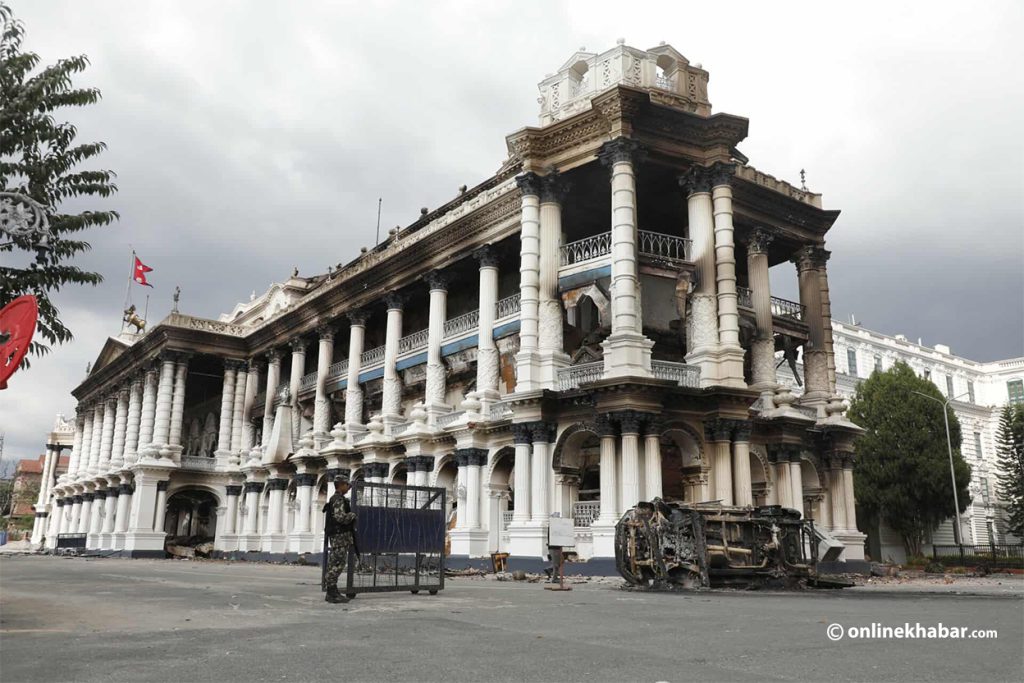
Almost all newspapers published in Kathmandu on Monday have given priority to issues related to the new government on their op-ed pages. While most of the pieces are political, there are a few pieces that talk about the economy.
Here’s a summary of some of the op-ed articles published in today’s papers:
On Oli’s economics

Achyut Wagle, in his article for The Kathmandu Post, criticises the Deuba-Oli-Prachanda leadership of failing to understand the real economic issues of the country and not doing enough to address them.
Taking the recent comments ‘Prime Minister-in-waiting’ KP Oli made about the share market, Wagle says that although Oli promised to introduce ‘changes’ in Nepal’s only stock exchange, he is not in a position to do anything to influence it. He argues that the political parties have failed to address the risks of the economy and to assure the young generation that Nepal still has a future.
Wagle says that the political leadership has failed to deliver development to the people, who are also partly responsible for the situation as they keep voting for people who have failed time and again.
Why should political parties respect people’s mandate?

Prakash Chandra Lohani, in his article for Annapurna Post, presents a case for political parties to give due respect to the people’s mandate. He says that as the controversy over the formation of the National Assembly shows that although the system of governance has changed, signs are that the political culture has not changed. The winning party should also not forget that the losing parties also have people’s support.
He calls on political parties to expedite the electoral process by respecting the people’s mandate. They should not think that they can do anything in the name of democracy.
Nepal and OBOR

Devi Prasad Subedi, in his article for Nagarik, looks at the various aspects of China’s OBOR initiative and the bearing it will have on Nepal. He says that although the Chinese President’s effort to revive the silk route has a lot to cheer about, most of the countries that are part of the plan are facing enermous threats from political violence, extrimism and corruption. The West has already sounded alarm over the negative impacts the intiative.
In the context of Nepal, which was not part of the original Silk Route, there are many potential benefits OBOR could bring to the the country. The Kathmandu-Kerung railway and the Rasuwagadhi border point are some of the projects that could go a long way for Nepal.
He says that tourism and industry are two sectors that have immense potential for development under the OBOR scheme. The other benefit Nepal could reap is that new trade routes with China will reduce Nepal’s dependence on India. In the past, Nepal’s economy could not take off because of political instability. But with the formation of a stable government, Nepal can take more advantage of initiatives like OBOR.
























